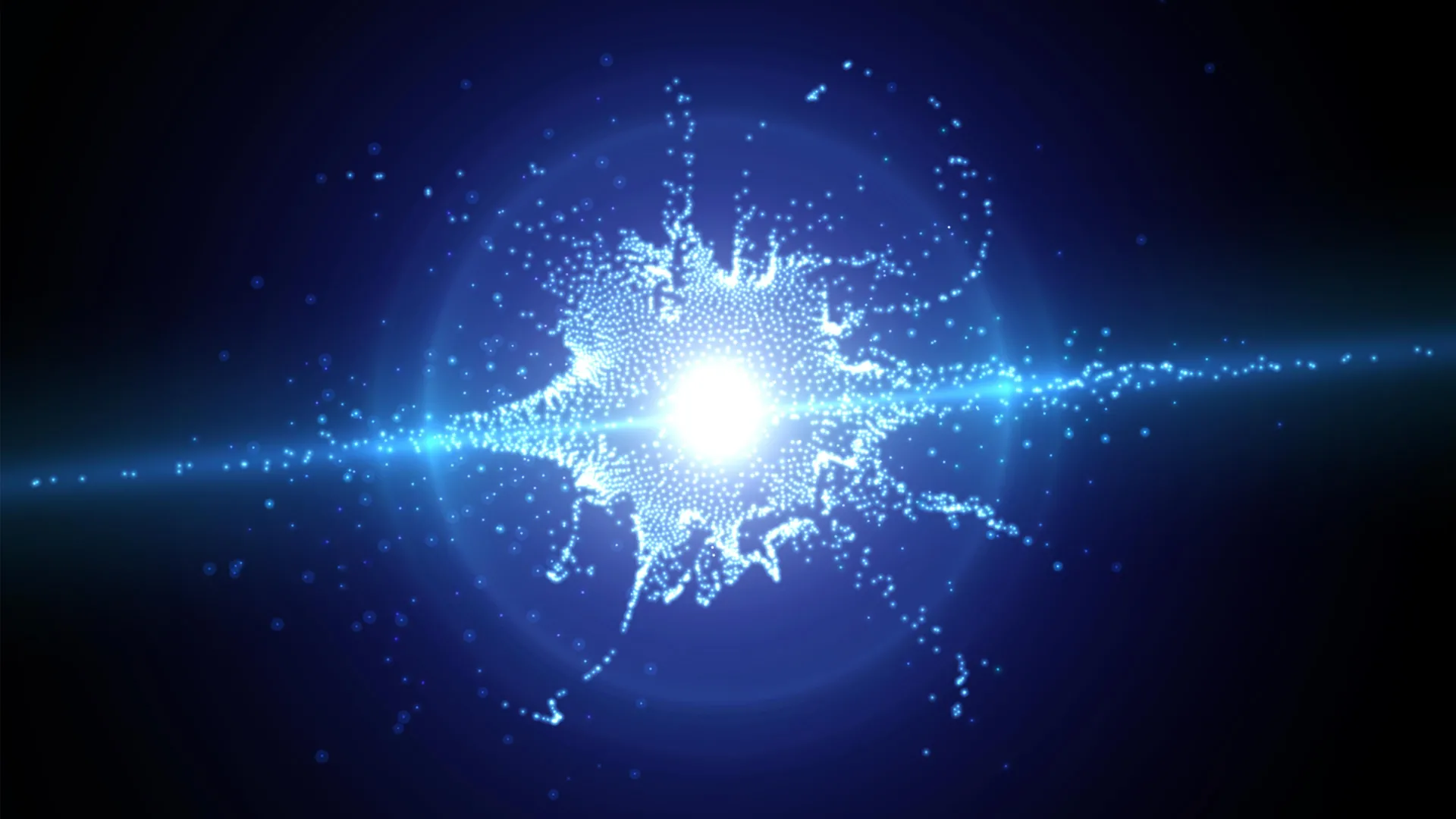Ghost particles may secretly decide the fate of collapsing stars
- Date:
- July 28, 2025
- Source:
- University of California - San Diego
- Summary:
- Neutrinos, ghostly particles barely interacting with matter, may secretly be reshaping the fates of massive stars. New research suggests that as stars collapse, they form natural "neutrino colliders," allowing scientists to probe these elusive particles in ways never possible on Earth. If neutrinos do interact through yet-undiscovered forces, they could cause stars to collapse into black holes instead of neutron stars, reshaping how we understand cosmic evolution.
- Share:

Neutrinos are cosmic tricksters, paradoxically hardly there but lethal to stars significantly more massive than the sun. These elementary particles come in three known "flavors": electron, muon and tau. Whatever the flavor, neutrinos are notoriously slippery, and much about their properties remains mysterious. It is almost impossible to collide neutrinos with each other in the lab, so it is not known if neutrinos interact with each other according to the standard model of particle physics, or if there are much-speculated "secret" interactions only among neutrinos.
Now a team of researchers from the Network for Neutrinos, Nuclear Astrophysics, and Symmetries (N3AS), including several from UC San Diego, have shown, through theoretical calculations, how collapsing massive stars can act as a "neutrino collider." Neutrinos steal thermal energy from these stars, forcing them to contract and causing their electrons to move near light speed. This drives the stars to instability and collapse
Eventually the collapsing star's density becomes so high that the neutrinos are trapped and collide with each other. With purely standard model interactions, the neutrinos will be mostly electron flavor, the matter will be relatively "cold," and the collapse will likely leave a neutron star remnant. However, secret interactions that change neutrino flavor radically alter this scenario, producing neutrinos of all flavors and leading to a mostly neutron "hot" core that may lead to a black hole remnant.
Fermi National Accelerator Lab's upcoming Deep Underground Neutrino Experiment (DUNE) might be able to test these ideas, as might future observations of the neutrinos or gravitational waves from collapsing stars.
The study, published June 18, 2025 in Physical Review Letters, was led by UC San Diego researchers Anna M. Suliga, Julien Froustey, Lukáš Gráf, Kyle Kehrer and George Fuller, as well as collaborators from other institutions. Their research was funded, in part, by the National Science Foundation (PHY-2209578 and PHY-2020275), the Department of Energy (DE-AC02-07CHI11359), and the Heising-Simons Foundation (2017-228).
Story Source:
Materials provided by University of California - San Diego. Note: Content may be edited for style and length.
Journal Reference:
- Anna M. Suliga, Patrick Chi-Kit Cheong, Julien Froustey, George M. Fuller, Lukáš Gráf, Kyle Kehrer, Oliver Scholer, Shashank Shalgar. Nonconservation of Lepton Numbers in the Neutrino Sector Could Change the Prospects for Core Collapse Supernova Explosions. Physical Review Letters, 2025; 134 (24) DOI: 10.1103/gnp5-4y8k
Cite This Page: